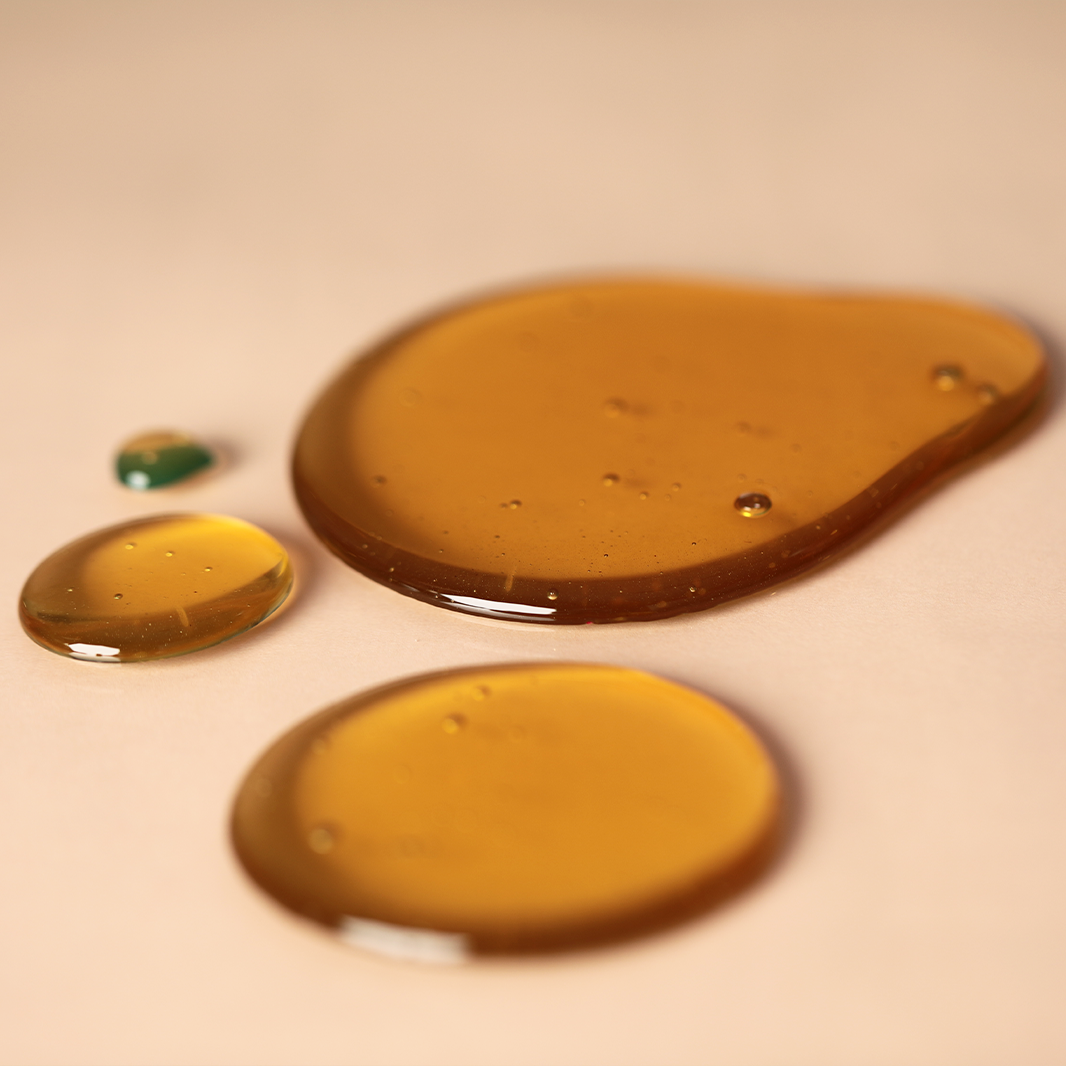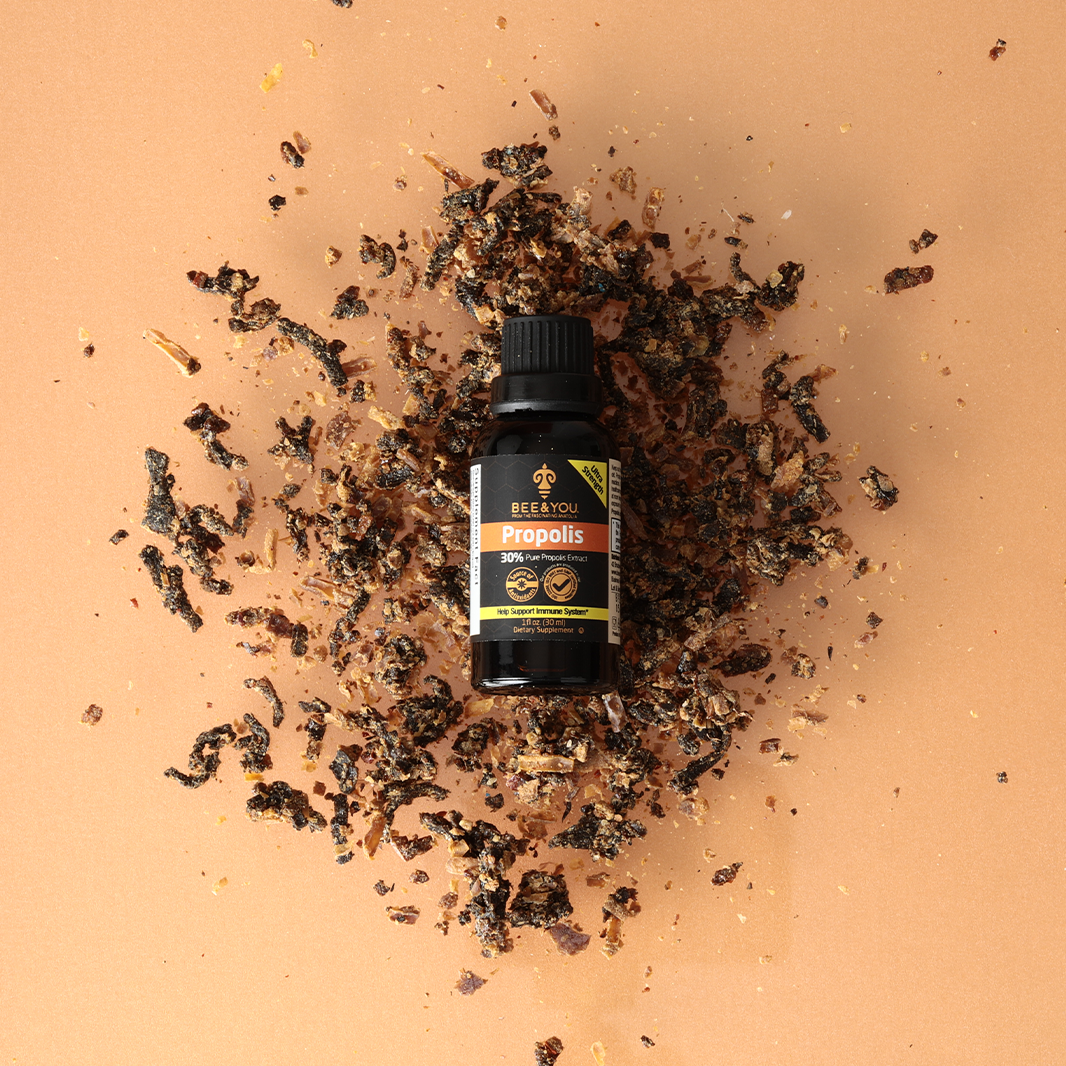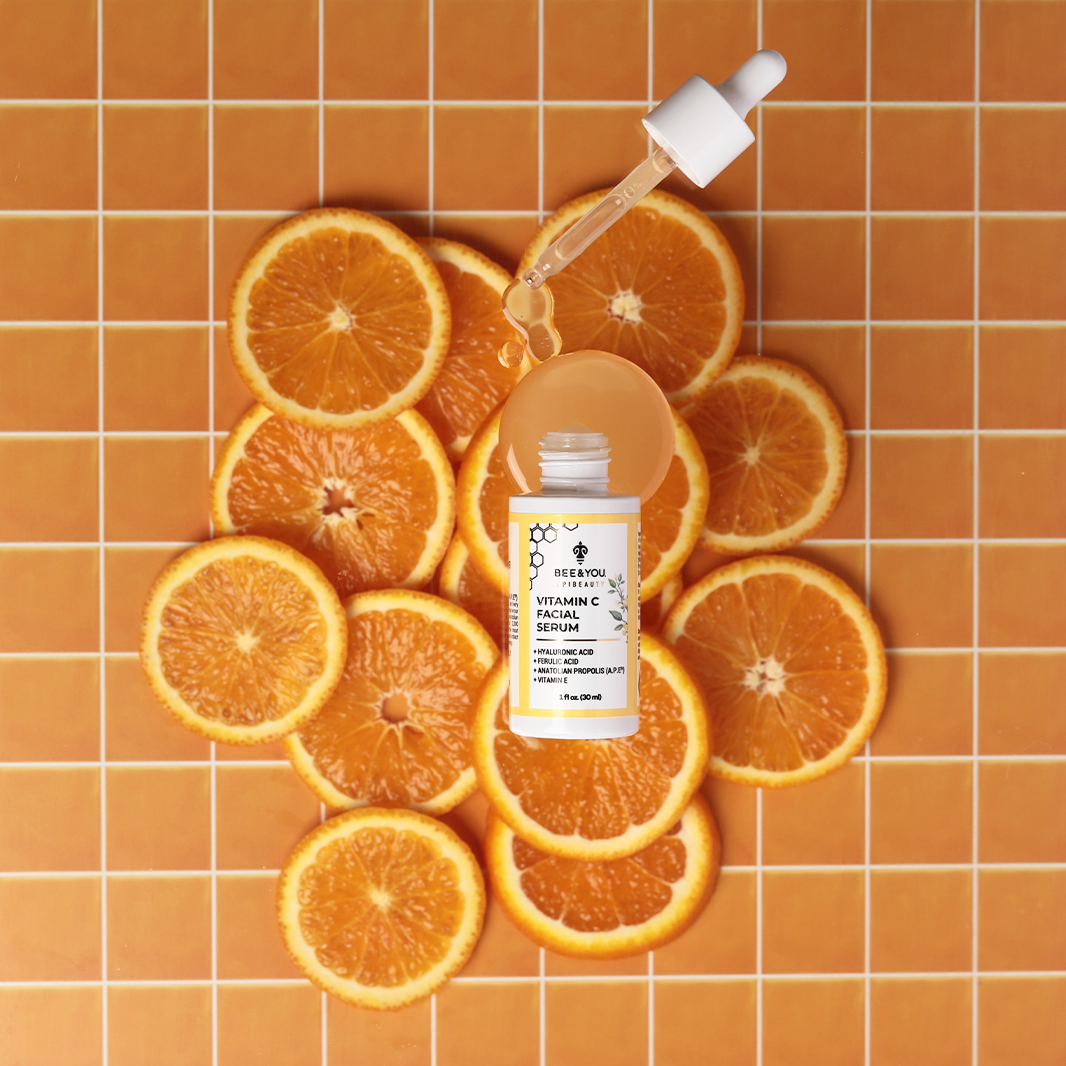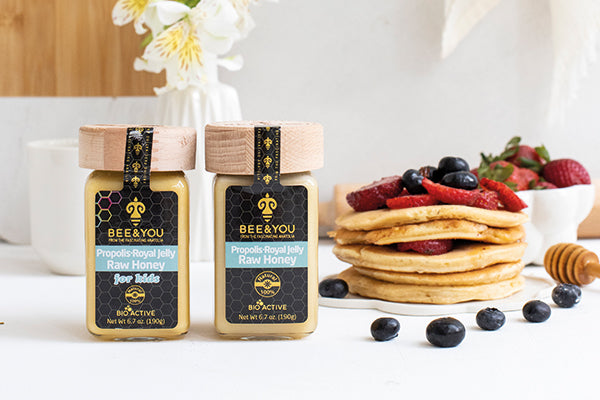Royal jelly is a natural and nutritious bee product secreted by worker bees from their upper throat glands and used to feed both the queen bee and the larvae in the hive. It is creamy, yellowish-white, sharp-smelling, and has a sour-acidic taste. Royal jelly is produced by young worker bees, who consume and digest pollen, which is then used for milk production in the milk glands and given to the queen bee. Royal jelly contains proteins, fats, carbohydrates, vitamins A, D, E, and B group, and minerals such as magnesium, iron, and zinc. The proteins in royal jelly, which comprise 27-41% of its content, contain essential amino acids similar to ovalbumin and casein and play a crucial physiological role in the development of queen bees. Royal jelly also contains unique components such as 10-HDA and royalactin that are not found in other foods. Royalactin and 10-hydroxy-2-decenoic acid (10-HDA) are the primary components of royal jelly due to their different biological properties. While the royal jelly is known to prolong the lifespan of bees, this property is thought to be partially due to its content of royalactin and antioxidant activity. Royal jelly can be mixed with raw honey and/or propolis for a better taste.
BEE&YOU offers various products, such as BEE&YOU Royal Jelly Raw Honey, BEE&YOU Royal Jelly Raw Honey for Kids, BEE&YOU Organic Royal Jelly Propolis Raw Honey Mix, and BEE&YOU Organic Royal Jelly Propolis Raw Honey Mix for Kids.
Royal jelly can be consumed directly, with a piece of bread, or mixed with foods such as milk, muesli, yogurt, smoothie, or fruit juice. Consuming at least a full teaspoon or more as needed is suggested, preferably between meals or before exercise.
References: Collazo N, Carpena M, Nuñez-Estevez B, et al. Health Promoting Properties of Bee Royal Jelly: Food of the Queens. Nutrients. 2021;13(2):543. doi:10.3390/nu13020543 Pasupuleti VR, Sammugam L, Ramesh N, Gan SH. Honey, Propolis, and Royal Jelly: A Comprehensive Review of Their Biological Actions and Health Benefits. Oxid Med Cell Longev. 2017;2017:1259510. doi:10.1155/2017/1259510.






